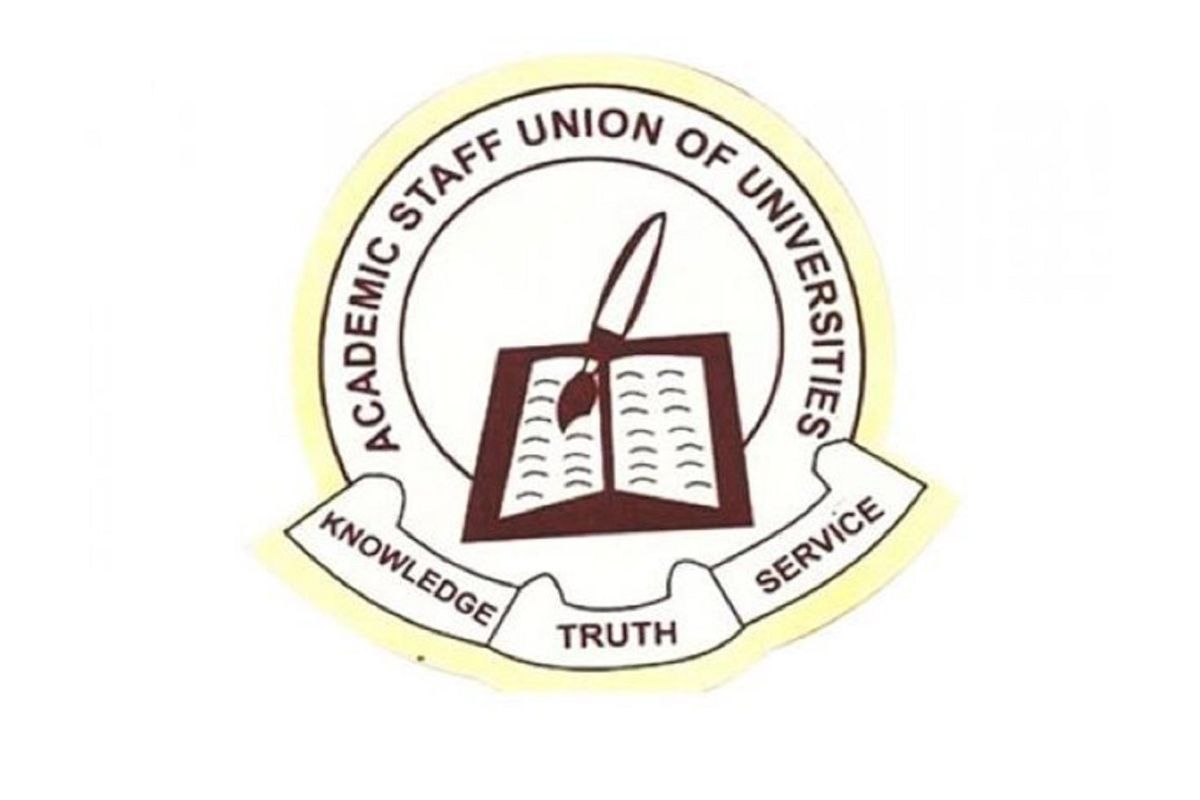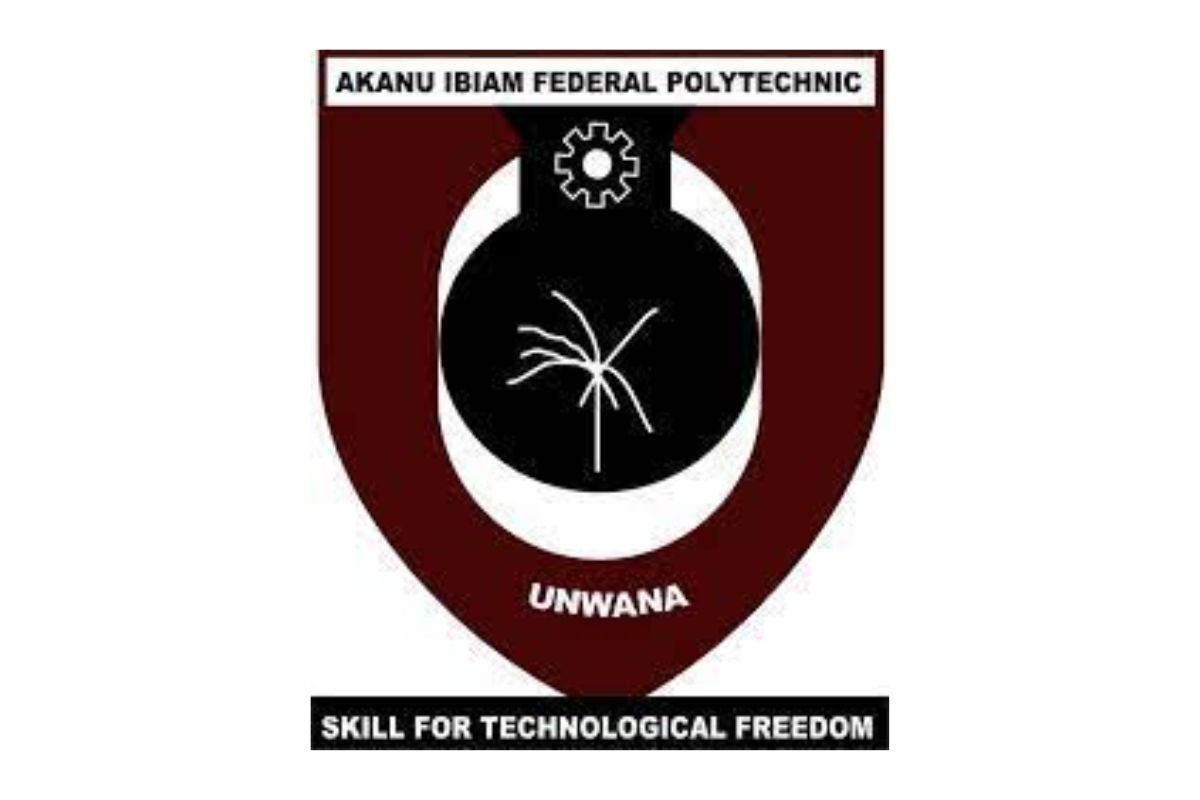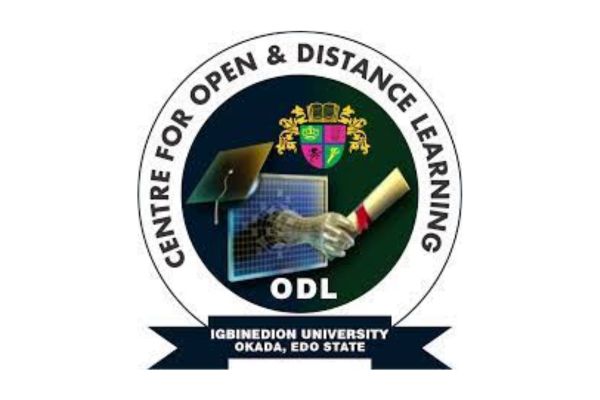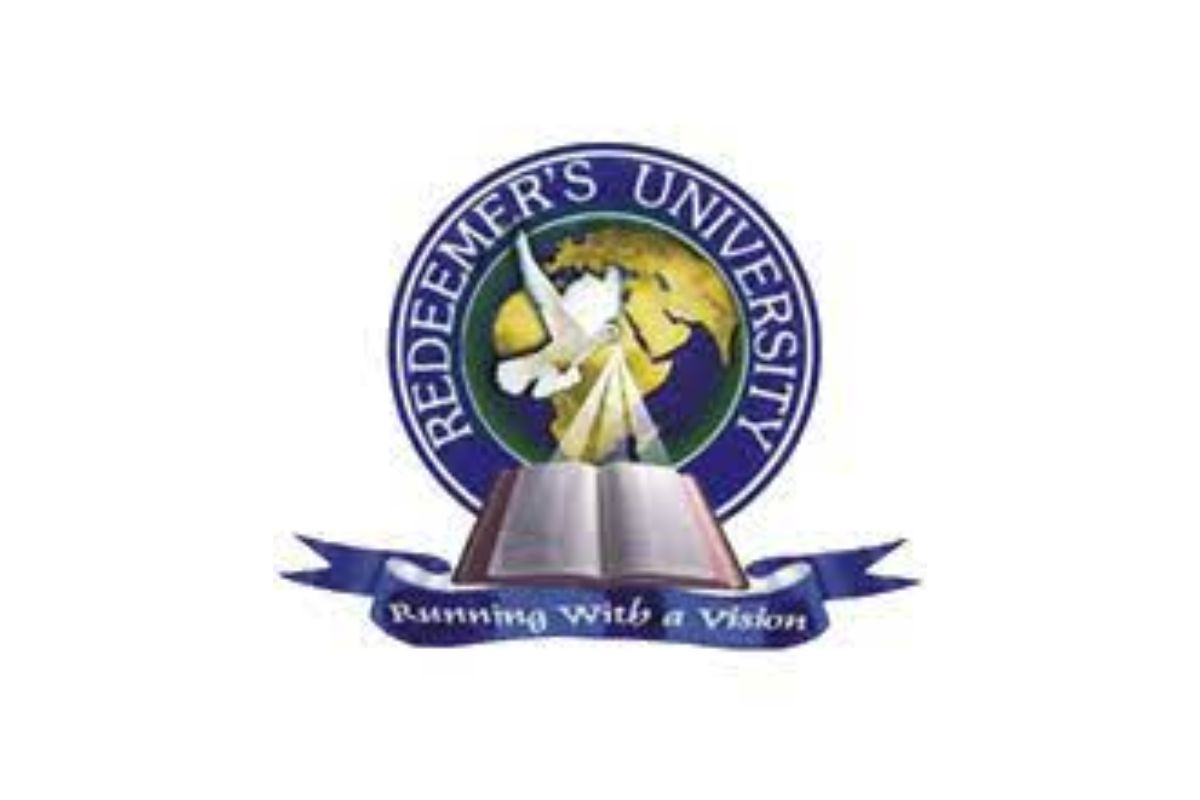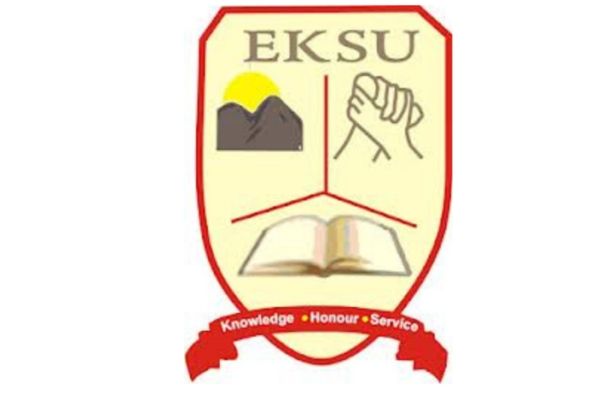In Nigeria, the recurring challenge of universities embarking on strikes has been a distinctive feature of the higher education landscape. At the forefront of these disruptions is the Academic Staff Union of Universities (ASUU), a formidable union comprising lecturers and academic staff.
The union has used these strikes, often referred to as ASUU strikes, as a way to voice its displeasure with several issues in the nation’s higher education system.
Schools That Are On Asuu Strike
ASUU stands for the Academic Staff Union of Universities, a Nigerian union formed by university lecturers and academic staff. An ASUU strike refers to a situation where members of this union collectively decide to abstain from their academic duties, such as teaching, research, and administrative activities in Nigerian universities.
This industrial action is a form of protest and negotiation strategy employed by ASUU to address various issues and concerns related to the Nigerian higher education system.
One of the reasons Nigerian prospective students are hesitant to enroll in public colleges is the ongoing ASUU strike, which is observed almost annually.
There is no denying that the ASUU strike extends a student’s semester (year) at a university.
Nonetheless, some people—especially those who cannot afford private institutions—continue to enroll since they have no other choice but to accept the experience should it arise during their time at any of the ASUU-affiliated campuses.
Federal Universities under ASUU
1. Abubakar Tafawa Balewa University
2. Ahmadu Bello University
3. Bayero University
4. Federal University Gashua
5. Federal University of Agriculture
6. Federal University of Petroleum Resources
7. Federal University of Technology
8. Federal University Of Technology, Minna
9. Federal University Of Technology, Owerri
10. Federal University, Birnin
11. Federal University, Dutse
12. Federal University, Dustin-ma
13. Federal University, Gusau
14. Federal University, Kashere
15. Federal University, Lafia
16. Federal University, Lokoja
17. Federal University, Ndifu-alike
18. Federal University, Otuoke
19. Federal University, Oye-Ekiti
20. Federal University, Wukari
21. Michael Okpara University Of Agricultural
22. Adama University Of Technology
23. National Open University Of Nigeria (NOUN)
24. Nigeria Police Academy Wudil
25. Nigerian Army University, Biu
26. Nigerian Defense Academy, Kaduna
27. Nigerian Maritime University
28. Nnamdi Azikiwe Unizik (UNIZIK)
29. Obafemi Awolowo University (OAU)
30. University Of Abuja
31. University Of Agriculture
32. University Of Benin (UNIBEN)
33. University Of Calabar (Unical)
34. University Of Health Technology
35. University Of Ibadan (UI)
36. University Of Ilorin (UNILORIN)
37. University Of JOS (UNIJOS)
38. University Of Lagos
39. University Of Maiduguri
40. The University Of Port-Harcourt
41. University Of Uyo
42. Usumanu Danfodiyo University
State Universities Under ASUU
Federal universities are not the only Nigerian universities under ASUU; also, the state universities that are put together make up the body of ASUU. They include:
1. Abia State University, Uturu
2. Adamawa State University, Mubi
3. Adekunle Ajasin University, Akungba
4. Akwa Ibom State University of Technology, Uyo
5. Ambrose Alli University, Ekpoma
6. Anambra State University of Science and Technology, Uli
7. Bauchi State University, Gadau
8. Benue State University, Makurdi
9. Bukar Abba Ibrahim University, Damaturu
10. Cross River State University of Science and Technology, Calabar
11. Delta State University, Abraka
12. Ebonyi State University, Abakaliki
13. Ekiti State University
14. Enugu State University of Science and Technology, Enugu
15. Gombe State University, Gombe Professor Abdullahi Mahadi
16. Ibrahim Badamasi Babangida University, Lapai
17. Ignatius Ajuru University of Education, Rumuolumeni
18. Imo State University, Owerri
19. Kaduna State University, Kaduna
20. Kano University of Science and Technology, Wudil
21. Kebbi State University, Kebbi
22. Kogi State University, Anyigba
23. Kwara State University, Ilorin
24. Ladoke Akintola University of Technology, Ogbomoso
25. Lagos State University, Ojo, Lagos
26. Nasarawa State University, Keffi
27. Niger Delta University, Yenagoa
28. Northwest University, Kano
29. Olabisi Onabanjo University, Ago-Iwoye
30. Ondo State University of Science and Technology, Okitipupa
31. Osun State University, Oshogbo
32. Plateau State University, Bokkos
33. Sokoto State University, Sokoto
34. Tai Solarin University of Education, Ijebu-Ode
35. Taraba State University, Jalingo
36. Technical University, Ibadan
37. Umaru Musa Yar’Adua University, Katsina.
Reasons for the ASUU Strike in Schools
The ASUU strike has many causes, but these are the principal ones that we identified.
1. Expected Bonus for Staff
The Federal Government of Nigeria’s rejection or decline of the university staff allowance, which, when postponed, results in a warning strike, is the primary issue that regularly triggers ASUU strikes in Nigeria.
The National Pension Commission’s refusal to provide funding for university revitalization and to grant teachers’ requests to register with Nigerian university pension management companies are further challenges associated with this.
2. Understanding of the Single Treasury Account
To put it another way, the argument that the ASUU account should not be included in the TSA sometimes leads to strikes since the federal government insists on integrating it into the Treasury Single Account to maintain control over it.
3. Limited Reaction to Education Budget Allocation
Another reason Nigerian institutions go on strike is the federal government’s negligent handling of budgetary resources that are meant to be used to address various academic challenges.
The phenomenon of universities being on ASUU strikes in Nigeria underscores the systemic challenges plaguing the higher education sector. The issues raised by the union, ranging from funding inadequacies to unmet agreements, reflect deep-seated problems that demand urgent attention and resolution. As the nation strives to advance its educational landscape, addressing the grievances of the academic staff becomes paramount.

